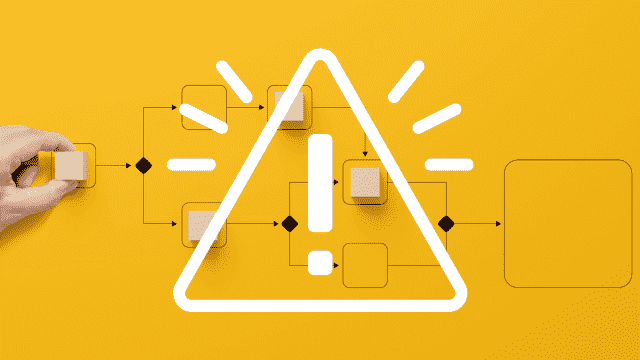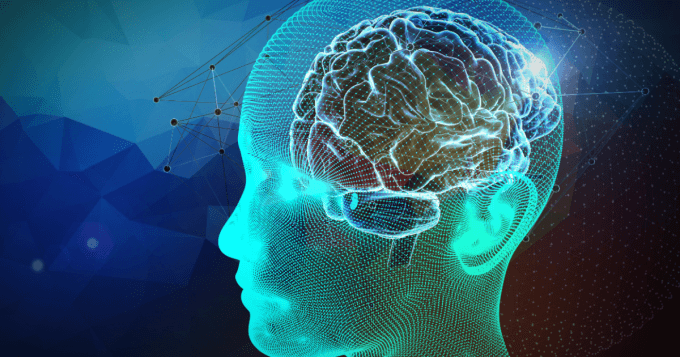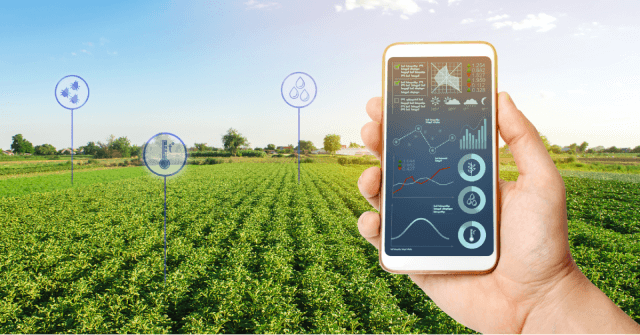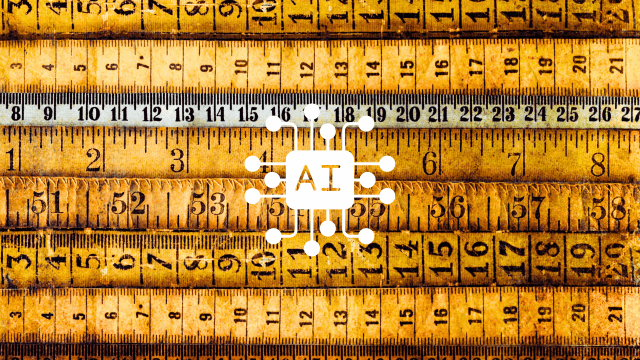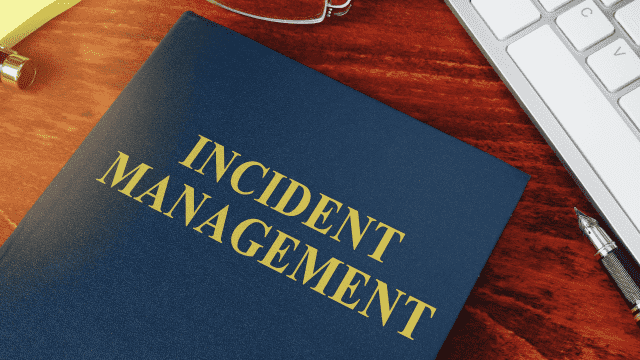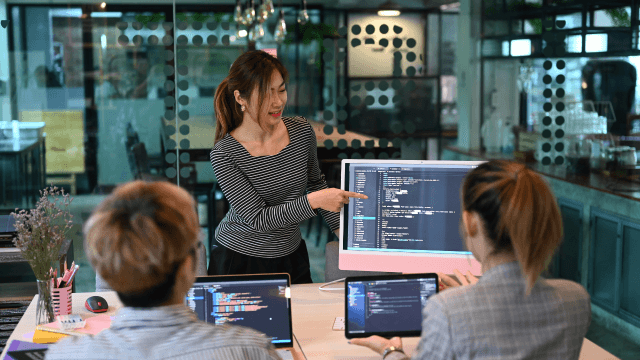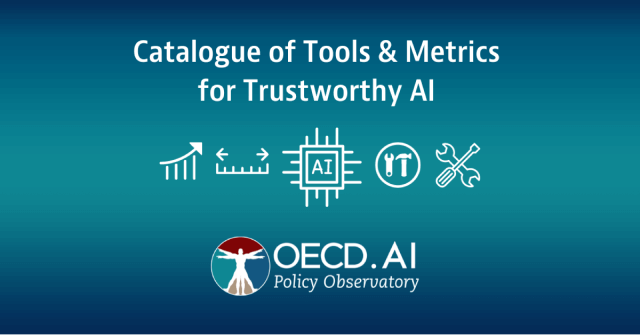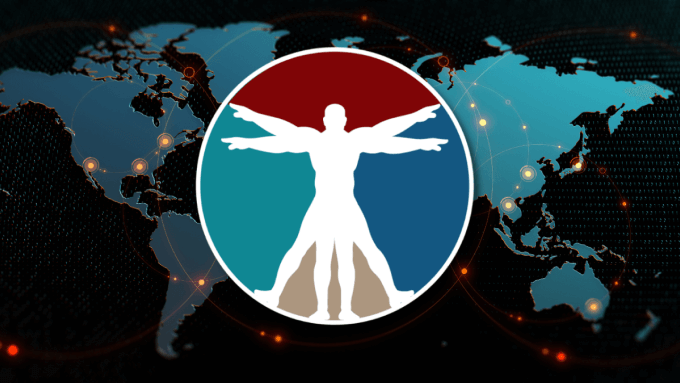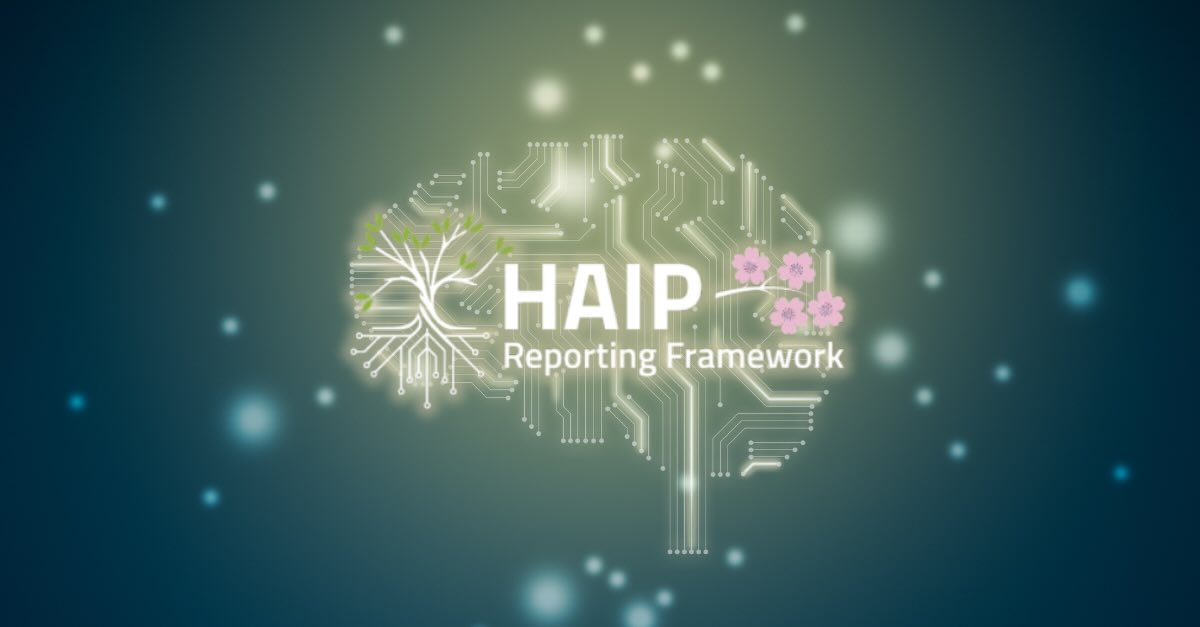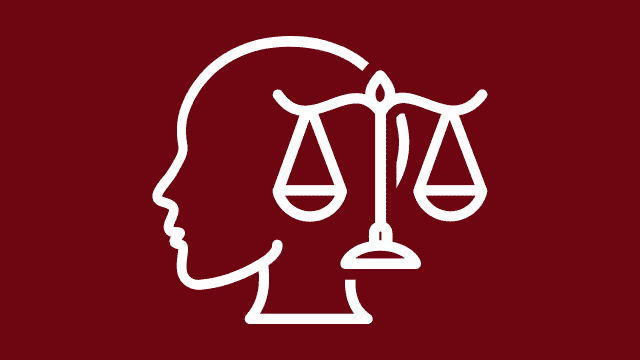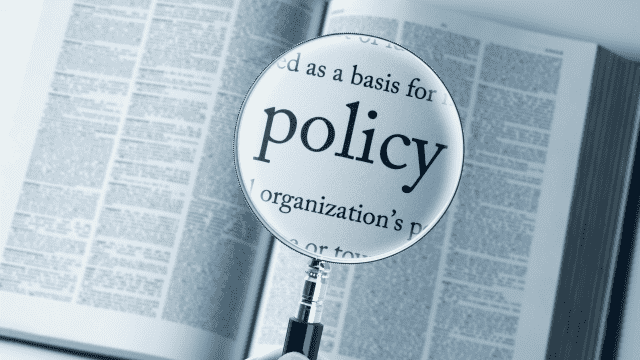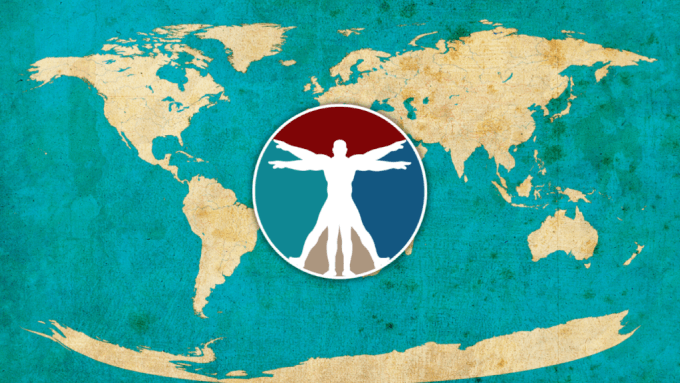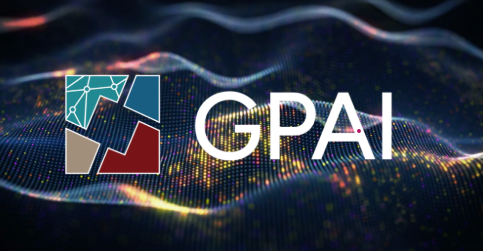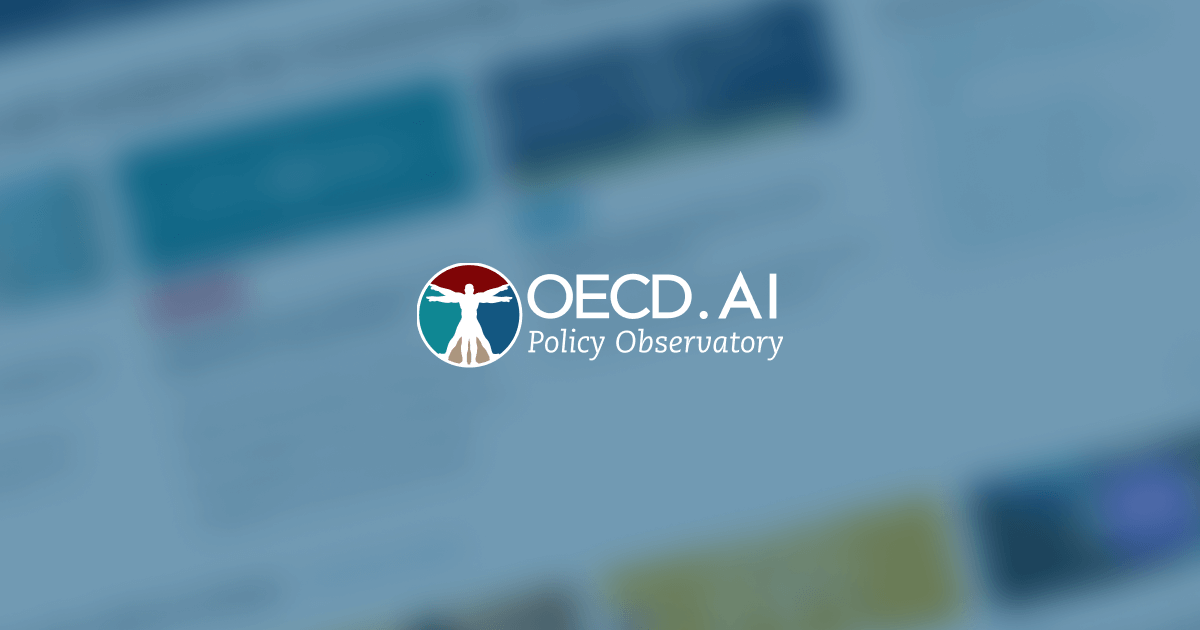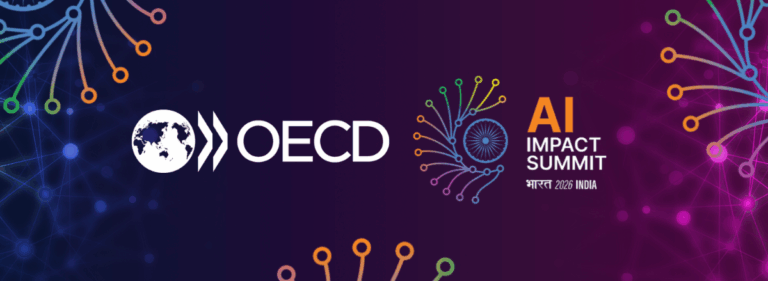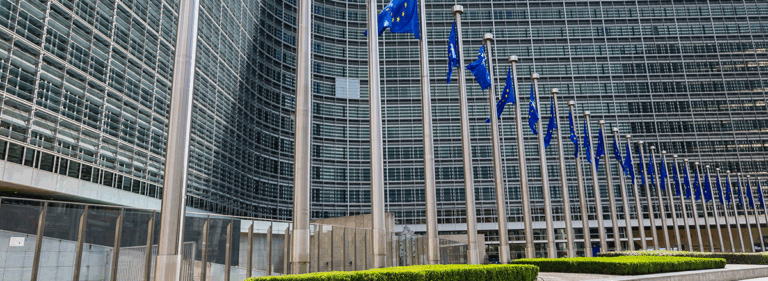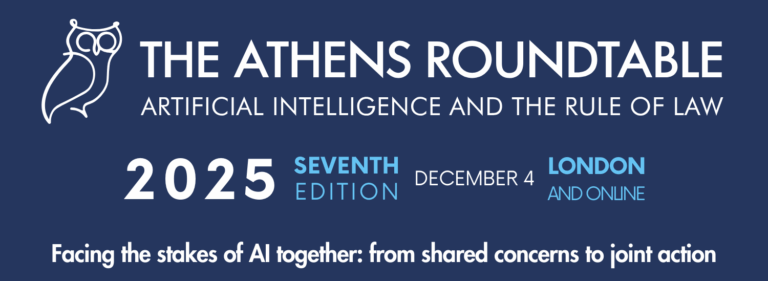Government
Towards a Hiroshima Artificial Intelligence Process Code of Conduct Reporting Framework: Findings from the Pilot
One of the priorities of the G7 Italian Presidency in 2024 is to facilitate the adoption and implementation of the Hiroshima AI Process International Code of Conduct for Organisations Developing Advanced AI Systems, welcomed as an outcome of the G7 Hiroshima AI Process. At the request of the G7 membership and in line with the commitments of the Trento Declaration (March 15, 2024), the G7 Digital and Tech Working Group under the Italian Presidency called on the OECD to identify and develop appropriate mechanisms to monitor the voluntary implementation of the Code of Conduct by organisations choosing to implement it. G7 Leaders in their Apulia Communiqué reaffirmed their commitment to developing a reporting framework in cooperation with the OECD.
To initiate this process, the OECD supported the development of a draft reporting framework, with input from experts from a broad array of organisations including businesses, academia, civil society and research institutes across G7 countries. To refine and assess the effectiveness of the draft reporting framework, the OECD conducted a pilot, in which a diverse range of organisations provided detailed feedback. The findings of the pilot were discussed at the G7 Technology and Digital Ministerial Meeting on 15 October 2024 in Cernobbio:
This report, developed by the OECD Secretariat, summarises key feedback and highlights strengths and areas for improvement in the context of developing the operational “1.0” version of the reporting framework. It was prepared for publication by the government of Italy, as the G7 Presidency in 2024. The positions expressed herein do not necessarily reflect the official views of OECD Member countries, of G7 members, or of the Italian G7 Presidency.
— December 19, 2024
